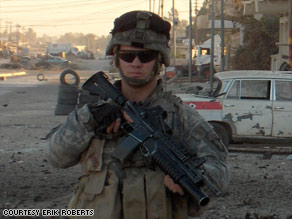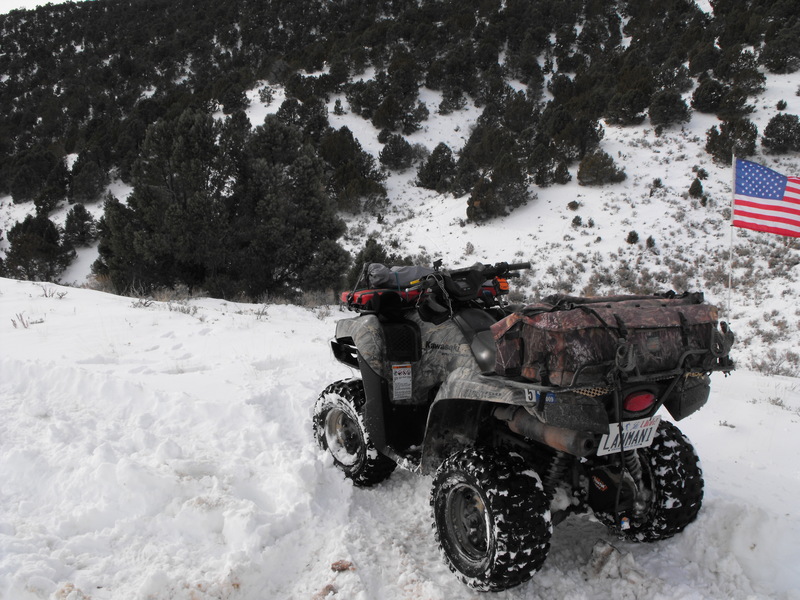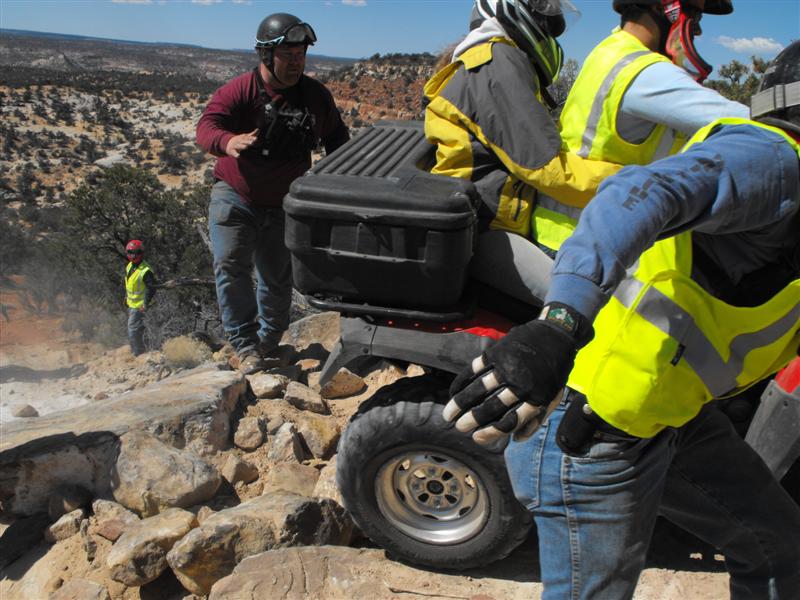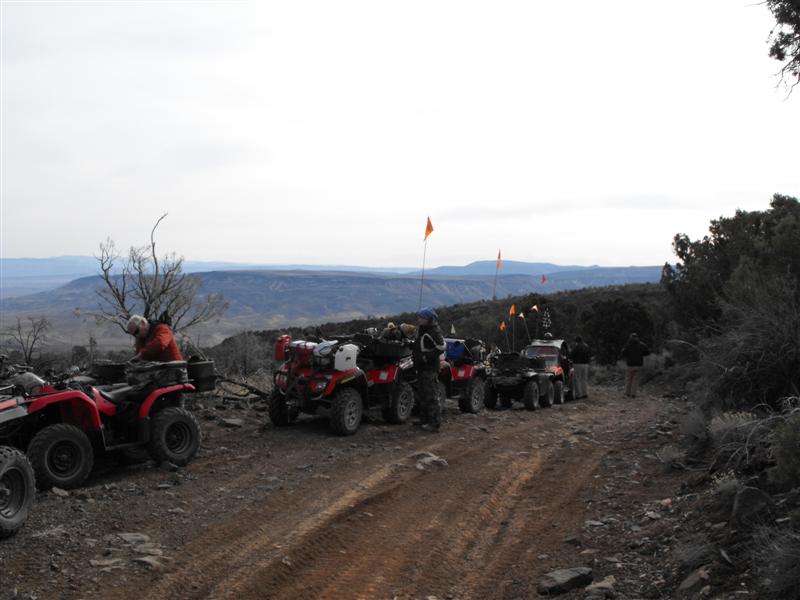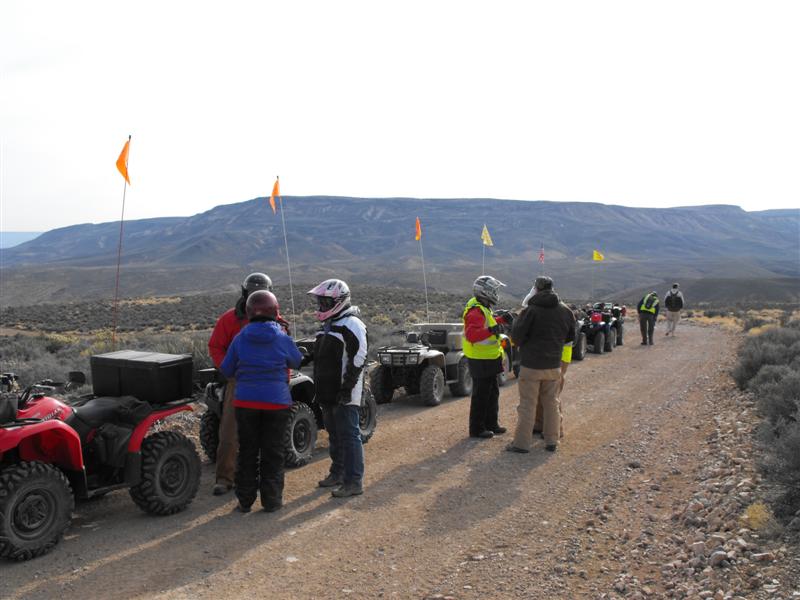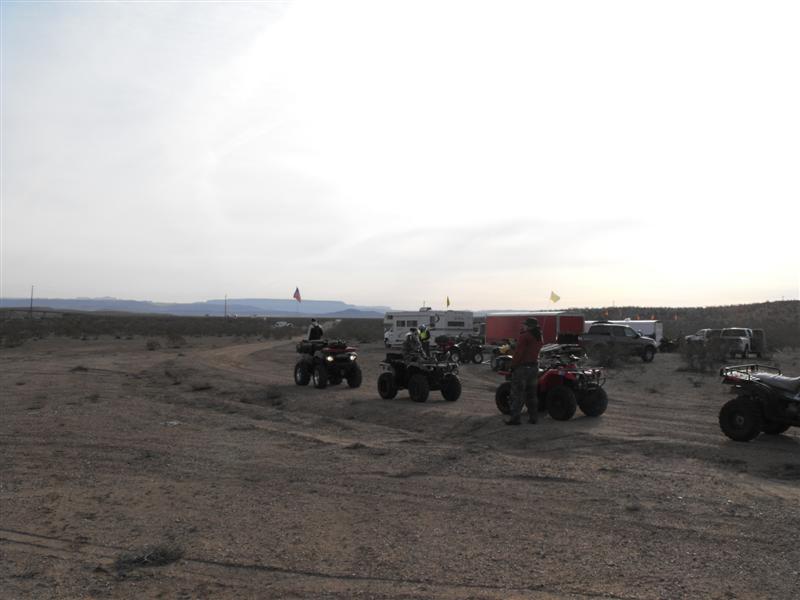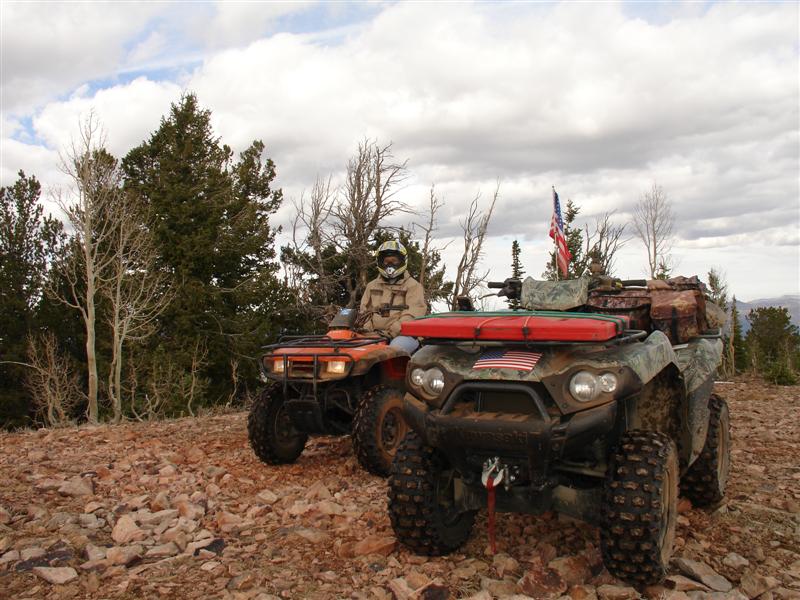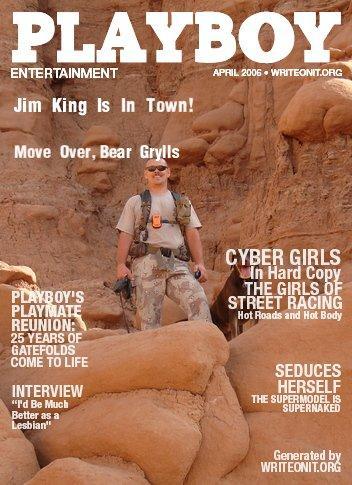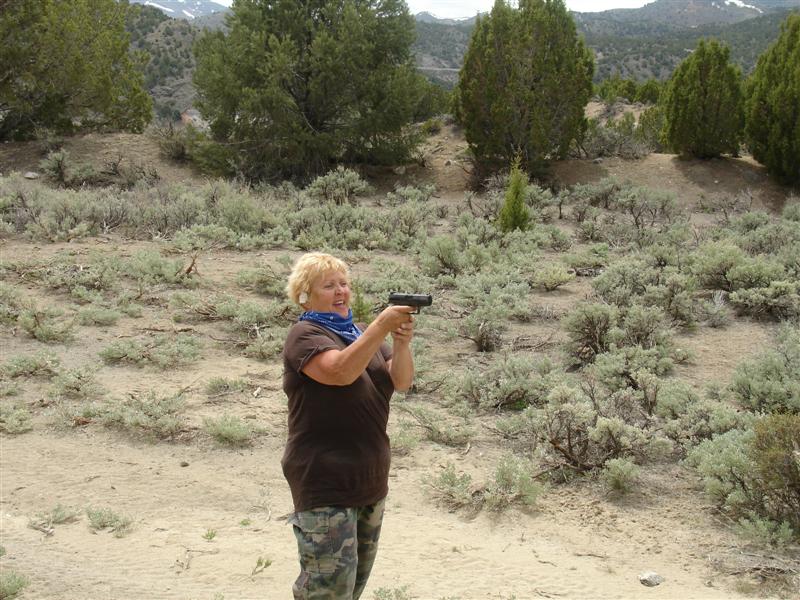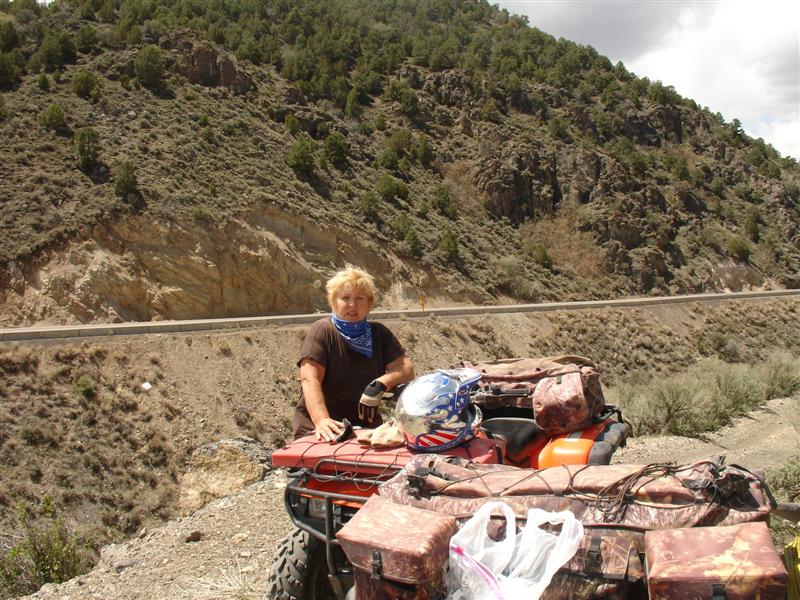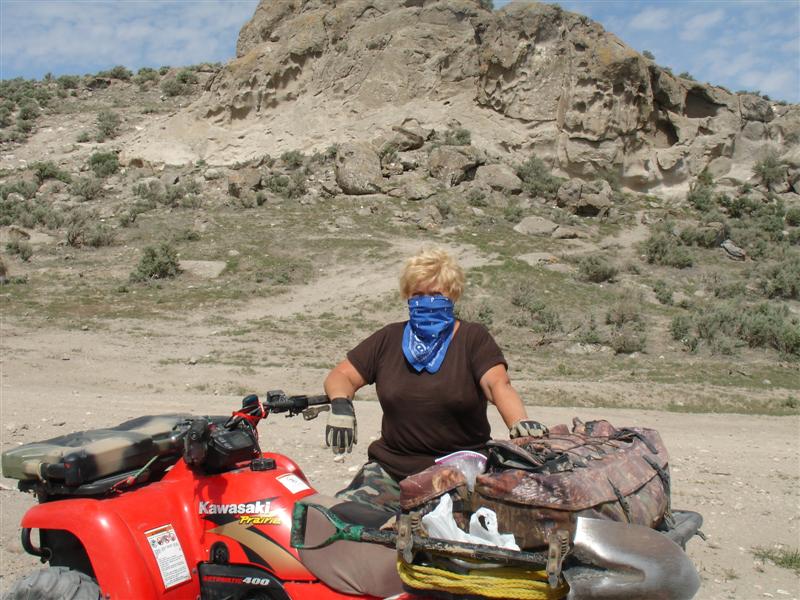
The
OnLive system will be shown with 16 games from a series of major
publishers during the Game Developers Conference in San Francisco this
week. OnLive is aiming to upset the traditional video game business
model.
SAN FRANCISCO--Sony, Microsoft, and Nintendo, look out. Your traditional video game console business model may be in danger.
It's too early to tell how much danger, of course, but a start-up
called OnLive announced a brand-new game distribution system Monday
night that, if it works as planned, could change the games game
forever.
OnLive, which was started by WebTV founder Steve Perlman and
former Eidos CEO Mike McGarvey, is aiming to launch a system--seven
years in the works--that will digitally distribute first-run, AAA games
from publishers like Electronic Arts, Take-Two, Ubisoft, Atari, and
others, all at the same time as those titles are released into retail
channels. The system is designed to allow players to stream on-demand
games at the highest quality onto any Intel-based Mac or PC running XP or Vista, regardless of how powerful the computer.
The system will also stream games directly to a TV via a small plug-in device, and players can use a custom wireless controller as well as VoIP headsets in conjunction with it.

The
OnLive system includes the ability to use wireless controllers similar
to those available for standard console systems like the Xbox or PS3.
It also has a small micro-console that will allow games to be streamed
directly to a TV.
Based here in San Francisco, OnLive timed its formal unveiling to this week's Game Developers Conference, where it will be showcasing the technology and 16 initial games it will launch with.
The service is currently in a closed beta, but is expected to go into a public beta this summer, and to launch this winter.
According to Perlman, OnLive's technology will make it possible to
stream the games in such a manner--high quality, no matter what kind of
system the user has--by virtue of a series of patented and
patent-pending compression technologies. And instead of requiring users
to download the games, OnLive will host them all and stream them from a
series of the highest-end servers. Users will have only to download a
1MB plug-in to get the service up and running.
OnLive is hoping to capture a significant portion of the video game market share. In February, the industry posted one of its strongest months ever, with total sales of $1.47 billion, up 10 percent from a year ago. And in February, the
Xbox,
PS3 and
Wii accounted for total sales of 1.42 million units.

The OnLive system aims to bring cost-efficient instant and high-quality video games streamed to Macs and PCs.
An intended benefit of this infrastructure, Perlman and McGarvey
explained, is that users will be able to play streamed games via OnLive
with no lag, so long as their Internet connections meet minimum
thresholds. For standard-definition play, that would mean a minimum 1.5
Mbps connection, and for high-def, 5 Mbps.
That's obviously an essential feature, as it's hard to imagine
anyone paying for a service like OnLive, no matter what games are on
offer, if the user experience is inadequate. But the company promises
that as long as users have the requisite minimum hardware, operating
systems, and Internet connections, they should be able to have seamless
play.
The upshot of this infrastructure model, Perlman said, is that
OnLive is somewhat future-proof, meaning that players won't have to
upgrade anything to keep on playing games on the system years into the
future. Instead, the upgrades will happen on the back-end, with the
company regularly boosting the power of the servers it uses to host and
stream the games.
And while demos always have to be taken with a grain of salt,
CNET News did see a real-time presentation of OnLive on at least two
different computers and on a HD TV. Game play was as smooth and
lag-free as advertised
So far, OnLive has yet to make its business model public, but what
seems likely is some form of subscription service, where players will
pay a monthly access fee and then pay additional costs, depending on
whether they want to play games once, or buy them for permanent play.
The company also said that it will probably offer free trials
of some or all of the games it offers, allowing consumers to decide
whether they want to buy. OnLive recognizes that some players may use
those trials as a way of deciding whether to buy such games from
traditional retail stores, but Perlman and McGarvey suggested that as
long as people are interacting with the OnLive system, they'll be
happy.
It's clear that OnLive is modeling its system at least somewhat
after Microsoft's hit Xbox Live service. So fans of multiplayer games
won't be on their own. Rather, they'll have full access to multiplayer
features of games built for them. And another interesting social
feature is one that will allow users to digitally watch others play
games in real time. The company thinks that users will find it exciting
to watch the best players in action, even if they themselves are only
kibitzing.
Perlman said that the concept of spectating in online game systems is,
in and of itself, not new, but that OnLive presents the first time
players will be able to look in on what others are playing without
owning the games themselves.
Another social feature in the Xbox Live mold is what are called "brag
clips." These are essentially 15-second replays of game action that
players can share with friends if they want to show off their prowess.
This is possible, Perlman said, because OnLive is continually recording
the last 15 seconds of action.

The
OnLive system includes social features such as 'brag clips,' which
allow players to share 15-second videos of game action they want to
brag about.
All told, McGarvey said, OnLive offers a full suite of standard social
features including friends, clans, rankings, leader boards, tournaments
and more.
From the outset, OnLive isn't partnering with any of the
first-party publishers--Microsoft, Sony, and Nintendo, meaning that
franchises like "Halo" or "Zelda" won't be available. And that makes
sense, since those companies are hardly likely to want to sign up with
a company whose very technology may obviate their longstanding business
models.
That means, Perlman and McGarvey acknowledged, that many
players who sign up for OnLive's service will still maintain their
consoles, and continue to buy games for them. At least for the rest of
the current generation of machines, they said. But come the next
generation, all bets are off, they said.
And for the nine--to date--third-party publishers who have
committed to being involved, McGarvey said, OnLive presents a much more
efficient and profitable distribution model than the standard retail
structure. That's because the system is all digital, cutting down on
physical distribution costs, and because it is designed to eradicate
piracy and second-hand sales, both of which are banes of the
publishers' existence.
Indeed, McGarvey said that OnLive has gotten strong commitments
of titles from the nine publishers. That means, added Perlman, that the
planned launch this winter could be accompanied by the most titles of
any new gaming system launch in history.
In addition, McGarvey said publishers are eager for the kind of
raw data that OnLive can provide about players' usage of the games,
including whether they like or dislike games, how much they play, how
they play and so on. That data is hard for publishers to collect with
traditional consoles, he argued.
Clearly, OnLive has set an ambitious goal: dethroning the
console makers as the game industry's kings. And as is always the case
with brand-new and publicly unavailable technology, it is far too early
to know whether the company or the service can live up to that goal.
But if its demo is any indication, OnLive is definitely onto something,
and given that the company has been in stealth mode for so many years,
it's possible that the console makers will be caught off guard.














